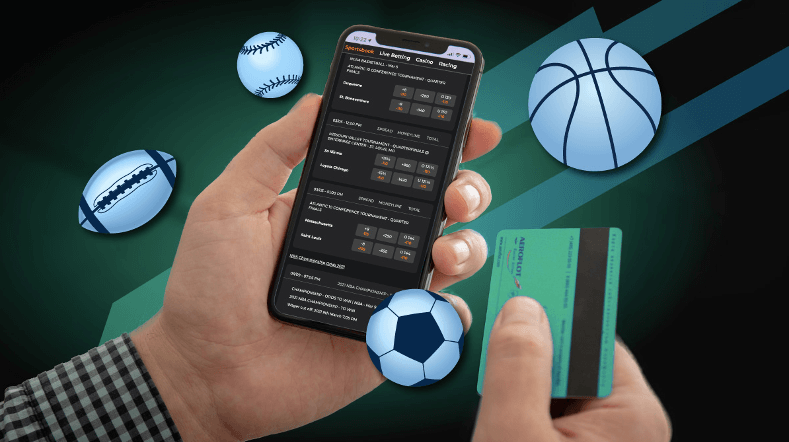
How to Manage Gambling Budget
Gambling can be an entertaining escape, but without proper financial management, it can quickly lead to unnecessary losses and stress. Understanding how to manage your gambling budget is crucial for maintaining a healthy relationship with gaming and ensuring it remains a source of fun. Whether you’re a novice or a seasoned player, implementing effective budgeting strategies can help you maximize your enjoyment and minimize risks. In this article, we’ll explore practical tips to help you manage your gambling budget effectively. For more comprehensive gaming options, you might want to check out How to Manage Gambling Budget 4rabet-app.com.
Understanding Your Gambling Budget
Before diving into specific strategies, it’s essential to grasp what a gambling budget consists of. A gambling budget is the amount of money you are willing to spend on gambling activities over a specific period—be it weekly, monthly, or even per session. This budget should be an amount you can afford to lose without affecting your daily living expenses. Always consider your financial obligations and set aside funds that won’t compromise your essential needs.
Setting a Realistic Gambling Budget
Creating a realistic gambling budget involves several steps:
- Assess Your Finances: Begin by evaluating your monthly income and essential expenses, including rent, bills, groceries, etc. Knowing how much disposable income you have will inform how much you can allocate to gambling.
- Determine Your Gambling Activities: Decide which games or forms of gambling you enjoy (e.g., sports betting, poker, slots). Knowing your preferences will help you gauge how much money you’ll need to set aside.
- Establish a Set Budget: Based on your assessment of finances and gambling activities, determine a fixed amount to budget for gambling each month. This amount should be one you’re comfortable with losing.
Implementing Budgeting Techniques

Once you’ve set a budget, it’s vital to implement techniques that will help you stick to it.
1. Cash-Only Approach
Using cash instead of debit or credit cards can create a psychological barrier. Withdraw your gambling budget in cash and use only this amount. When the cash runs out, your gambling session ends. This method helps curb overspending and keeps you accountable.
2. Time Management
Allocate specific time frames for your gambling activities. Set a timer for each session, and when it goes off, it’s time to leave. This approach ensures you don’t lose track of time and end up overspending.
3. Use of Betting Limits
If you’re playing online, many platforms, including 4rabet-app.com, offer options to set deposit limits or session limits. Take advantage of these features to enforce discipline and prevent excessive losses.
4. Record Keeping
Keep a record of your gambling expenditures. Write down how much you spend, your wins, and losses. Reviewing your records regularly can provide insights into your gambling habits and help identify trends that need adjusting.

Knowing When to Walk Away
Part of managing your gambling budget is recognizing when you need to step away. This requires emotional intelligence and self-awareness. If you find yourself chasing losses, consider taking a break. Here are some indicators that it’s time to walk away:
- Feeling stressed or anxious about losing money.
- Increased impulsiveness in your betting choices.
- Neglecting personal or professional responsibilities due to gambling.
- Spending more than your pre-set budget.
Embracing Responsible Gaming Practices
Responsible gaming is essential to ensuring gambling remains a fun activity. Familiarize yourself with resources available for responsible gaming, such as support hotlines and educational materials. Many online platforms have responsible gaming pages with tips and self-exclusion options.
Seeking Help and Support
If you find that managing your gambling budget becomes increasingly difficult, it may be wise to seek help. Organizations like Gamblers Anonymous or local counseling services can provide support and resources for those struggling with gambling addiction. Remember, you are not alone in this journey, and seeking assistance is a courageous step forward.
Conclusion
Managing a gambling budget is a vital skill for anyone who wishes to engage in gaming responsibly. By assessing your financial situation, setting realistic budgets, and implementing various budgeting techniques, you can enhance your gambling experience while significantly minimizing potential risks. Always remember that gambling should be viewed as a form of entertainment, not an income source. Practice responsible gaming, respect your limits, and always prioritize your well-being over gaming.
